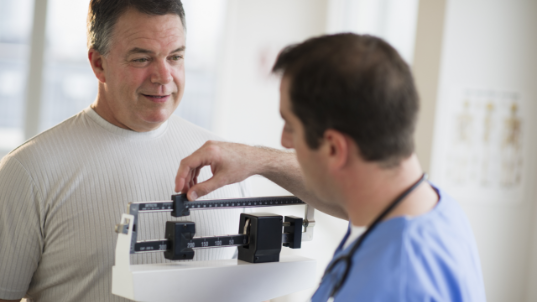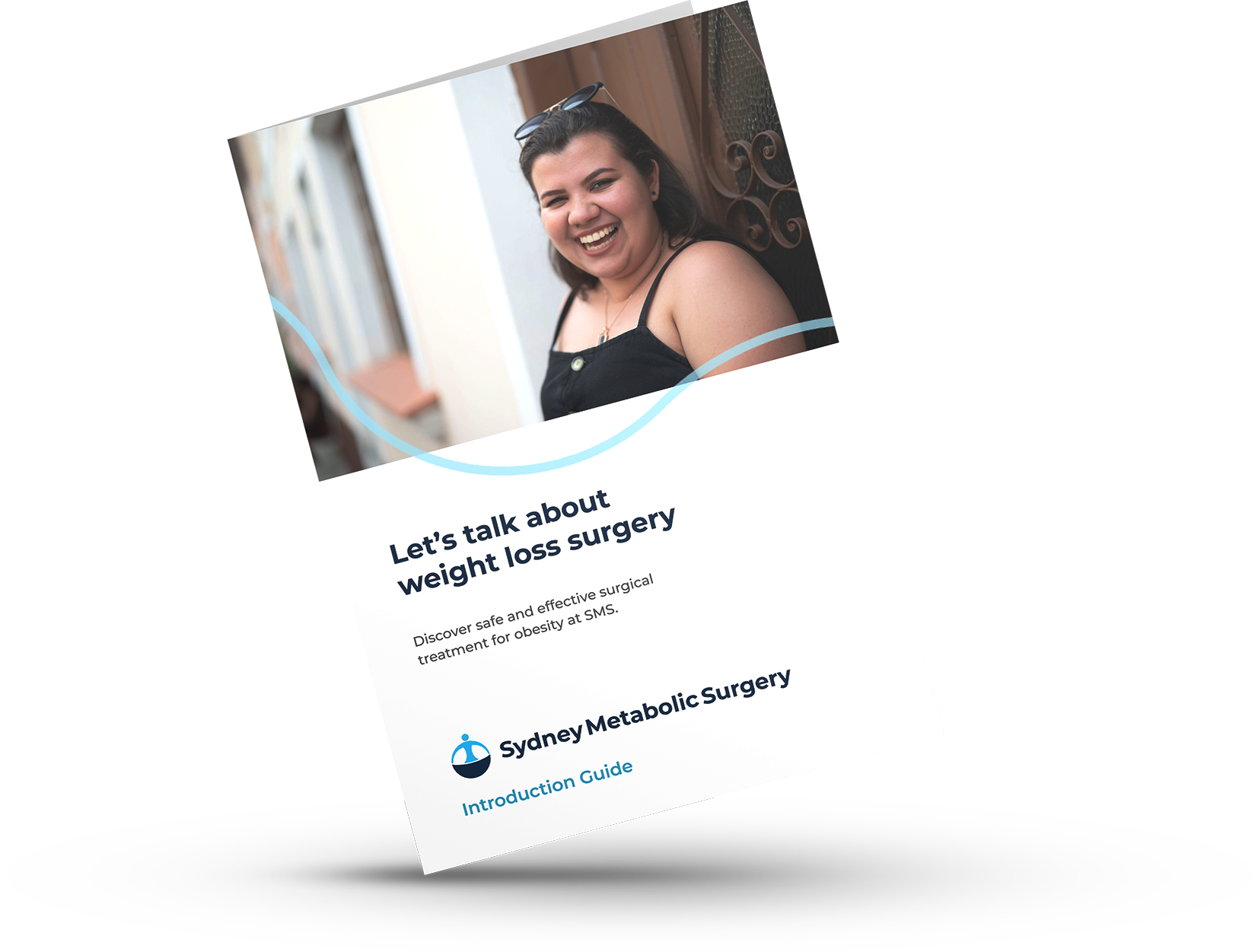We are now performing mostly sleeve gastrectomy (more than 90% of the procedures performed). Sleeve gastrectomy has proven to generally have better outcomes than gastric bands and gastric bypasses.
When assessing what type of weight loss surgery is best for you, we mainly look at three factors:
- Effectiveness and longevity of weight loss
- Post-surgery lifestyle
- Complication rate
We will of course also take your situation and personal preferences into account and consult your choice.
It is our experience that gastric sleeves are most suitable for patients with no previous weight loss surgery, with a few exceptions for patients with:
- Esophageal dilatation (or stretching from previous lap band surgery)
- Esophageal motility problems
- Acid refluxes and hiatus hernias might be considered by some surgeons as contraindications. We have successfully treated hiatus hernia and performed sleeve within the same operation with good outcomes
- Poor eating habits, like frequent grazers and excess sweet eaters, who might struggle to reach their goals
Research suggests that gastric bypasses cause diabetes remission more than sleeve gastrectomies, but there is still no academic consensus on the topic.
Gastric bypass is not a suitable option for:
- Smokers, Unless you stop smoking, you should avoid bypass as you are predisposed to the risk of severe bleeding from the gastric pouch
- Patients with predisposition to alcohol dependence. The gastric bypass procedure might predispose you to alcohol dependence
- Patients with severe abdominal adhesions, scarring, or previous complex abdominal surgeries
Gastric band surgery is not being performed at SMS. We believe the surgery to be outdated and, although it has fewer potential complications and is reversible, the risks of ruining the esophagus, stomach erosion or slipping are too high in the long term for this option to be preferred to other surgeries. Quality of life is also more heavily impacted by banding than the other options available.


 1300 190 461
1300 190 461



 Penrith Consulting Rooms
Penrith Consulting Rooms